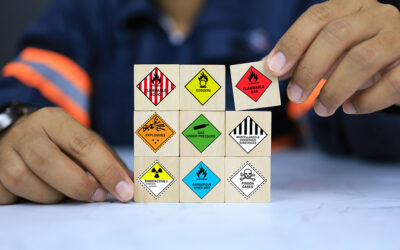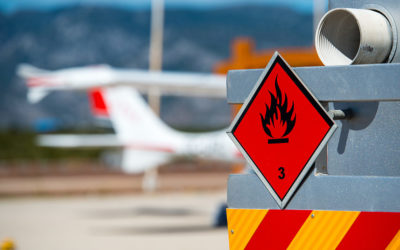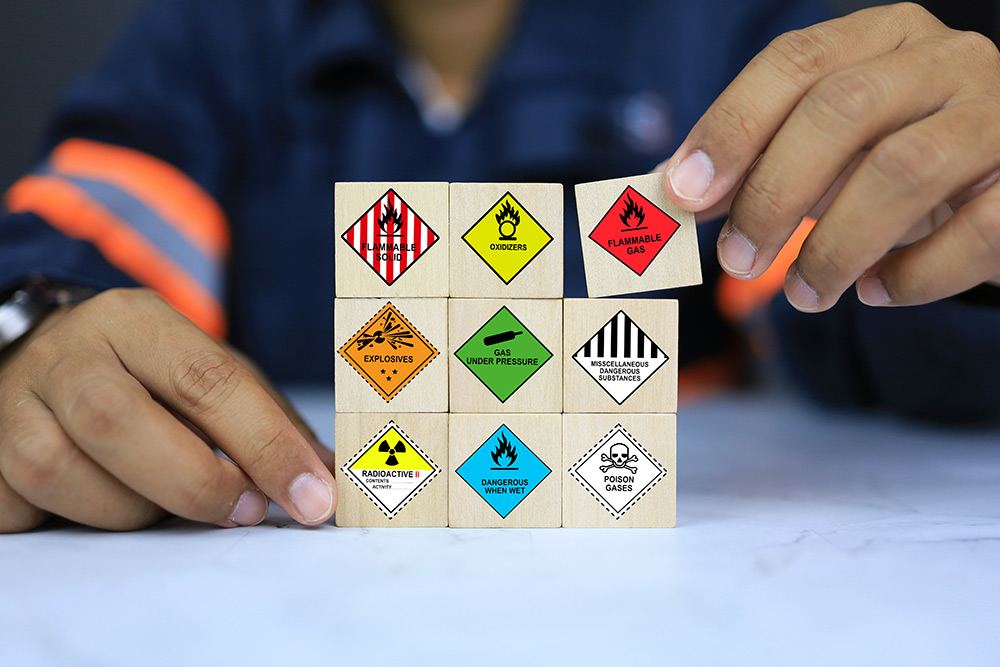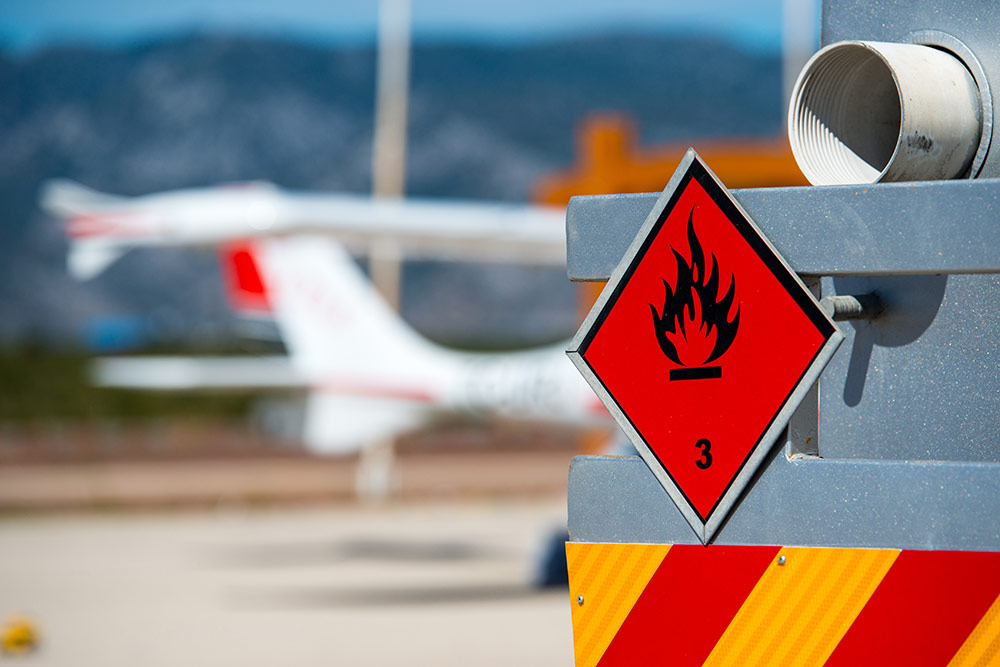Training Key To Dangerous Goods Compliance

Non-compliance of dangerous goods is certainly being cracked down in many aspects of the logistics industry after a series of destructive events over the past couple of years.
This is evidenced through the approach of steamship and air cargo carriers, and also the recent legislation that made appointing a DGSA a legal requirement.
To meet your obligation, if you are involved in the handling, receiving or transport of dangerous goods, then training is the key. This starts with dangerous goods awareness training, which is the entry level requirement for any for your staff involved in the process, including sales, customer service, operations, administration and warehousing staff.
Evolution can provide a range of dangerous goods training solutions on site through our qualified Dangerous Goods Safety Advisor (DGSA). However, in February, we will be launching our online version of the compulsory dangerous goods awareness training.
More details will follow at launch. In the meantime, should you want to discuss your training requirements then please do not hesitate to contact us.
Follow Us
Stay up to date with our news and articles on social media
Contact Us
Tel 0800 434 6244
Email info@evolutionforwarding.com
brought to you by the dangerous goods people
Related Articles
Online Training – A Step Towards Dangerous Goods Compliance
Safe and correct movement of dangerous goods has become much more of a focal point during recent times, especially following a series of destructive events over the past couple of years within the logistics industry.
2025: New Dangerous Goods Regulations Including Batteries
Several changes to dangerous goods regulations will be effective from January 1st, which includes changes for some UN numbers and new rules for the transporting of lithium and sodium batteries.
New Tech Employed To Fight Lithium Battery Ship Fires
Hyundai has designed a device for its car carrying fleet that suppresses fires that break out during the movement of electric cars powered by lithium-ion batteries.








